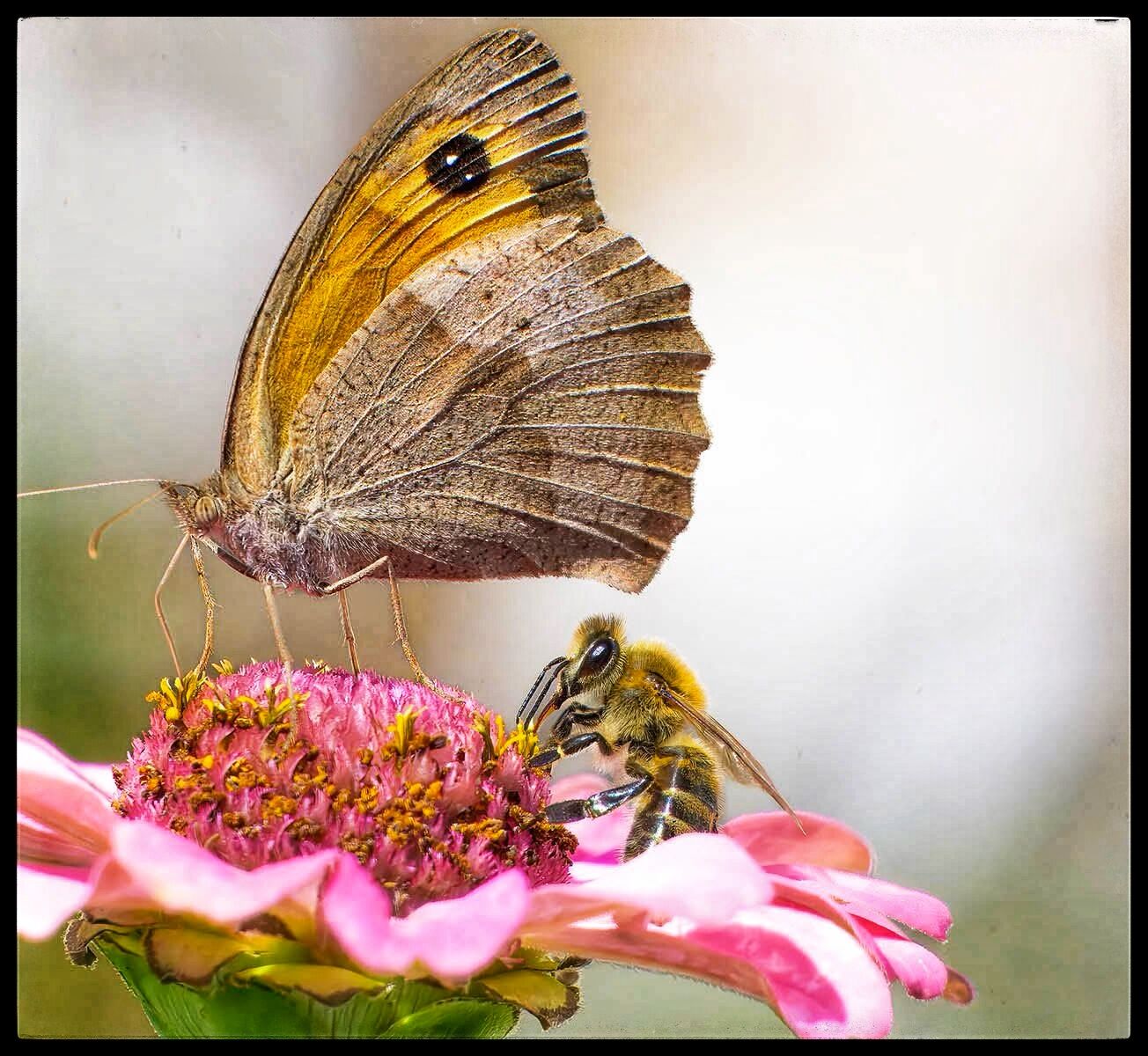Blog

Help the plant become bee- and butterfly-friendly
Butterfly and Bee
Pollinate to save the plant
How to Help Wild Bees & Other Native Pollinators – City of ...
Pollination is essential for plant reproduction, as pollinators like bees, butterflies, and other insects move pollen to help flowers create seeds and fruit. To "pollinate to save the plant," you can help by supporting pollinators through actions like creating pollinator-friendly habitats, avoiding harmful pesticides, and planting a variety of flowers that bloom throughout the year.
How to Help Wild Bees & Other Native Pollinators – City of ...
Pollination is essential for plant reproduction, as pollinators like bees, butterflies, and other insects move pollen to help flowers create seeds and fruit. To "pollinate to save the plant," you can help by supporting pollinators through actions like creating pollinator-friendly habitats, avoiding harmful pesticides, and planting a variety of flowers that bloom throughout the year.
21/11/2025
How to help pollinators
Plant for pollinators: Grow a variety of plants, including native wildflowers and those that bloom across different seasons, to provide consistent food and shelter.
Provide shelter: Create safe spaces for pollinators by installing a "bee hotel" for solitary bees, which should be located off the ground and in a spot with morning sun.
Avoid pesticides: Reduce or eliminate the use of pesticides, as they can harm and kill pollinators and also remove essential food plants from their environment.
Maintain existing plants: Don't immediately remove dead plants, as they can provide valuable food and cover for wildlife and overwintering insects.
Support conservation efforts: Get involved with local organizations that work to protect pollinators and restore habitats.
Why pollination is so important
Food production: A significant portion of the world's crops, including fruits like apples and berries, as well as vegetables, rely on animal pollination.
Ecosystem health: Pollination is crucial for the reproduction of most flowering plants, which are the foundation of our ecosystem and provide food and shelter for other species.
Biodiversity: By supporting pollinators, you help maintain biodiversity, which is vital for a healthy planet and a healthy environment for us all.
Plant for pollinators: Grow a variety of plants, including native wildflowers and those that bloom across different seasons, to provide consistent food and shelter.
Provide shelter: Create safe spaces for pollinators by installing a "bee hotel" for solitary bees, which should be located off the ground and in a spot with morning sun.
Avoid pesticides: Reduce or eliminate the use of pesticides, as they can harm and kill pollinators and also remove essential food plants from their environment.
Maintain existing plants: Don't immediately remove dead plants, as they can provide valuable food and cover for wildlife and overwintering insects.
Support conservation efforts: Get involved with local organizations that work to protect pollinators and restore habitats.
Why pollination is so important
Food production: A significant portion of the world's crops, including fruits like apples and berries, as well as vegetables, rely on animal pollination.
Ecosystem health: Pollination is crucial for the reproduction of most flowering plants, which are the foundation of our ecosystem and provide food and shelter for other species.
Biodiversity: By supporting pollinators, you help maintain biodiversity, which is vital for a healthy planet and a healthy environment for us all.